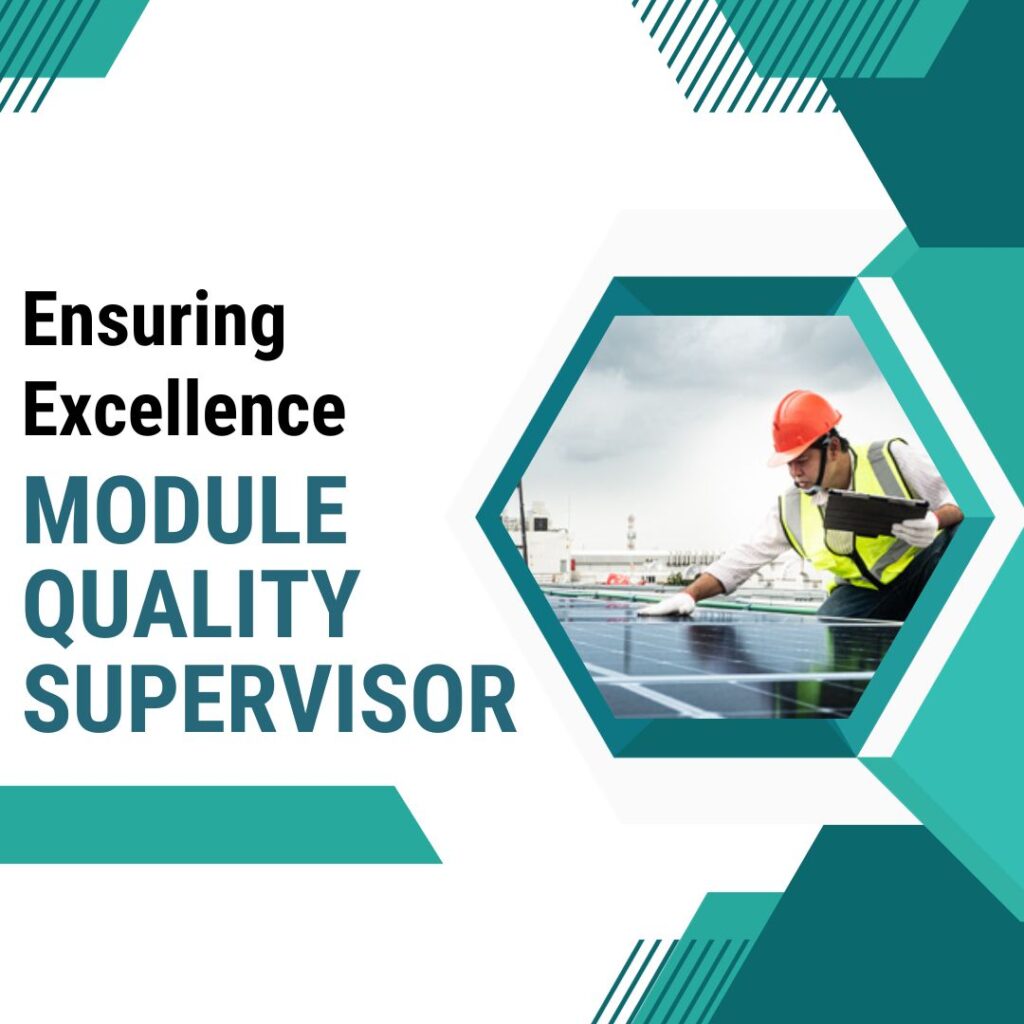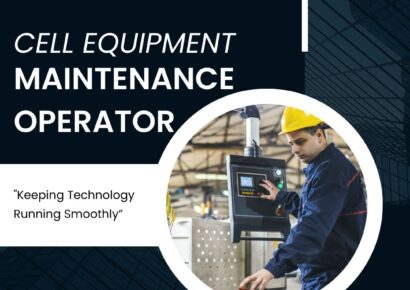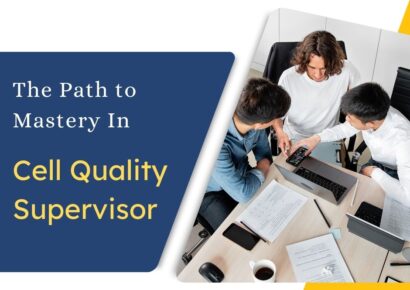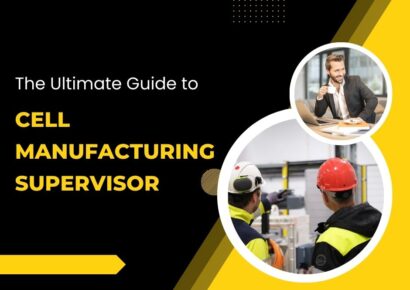Currently Empty: ₹0.00
About Course
A Quality Supervisor in solar module manufacturing plays a pivotal role in ensuring product quality and adherence to industry standards. They oversee quality control processes, including inspections, audits, and testing, to identify and address defects or deviations. Quality Supervisors work closely with production teams to implement corrective actions and maintain consistent quality standards. They also help develop and enforce quality assurance procedures and provide training to employees to enhance product quality and safety. The role of a Quality Supervisor is crucial in delivering reliable and high-performance solar modules to customers while meeting regulatory and industry requirements.
Course Content
Basics to PV Module
-
Introduction & Training of Photovoltaic Module Raw Materials
49:24 -
Basic introduction to Photovoltaic Modules
53:25 -
Introduction to Efficient Module Technology
42:38 -
Process Flow Introduction
19:45
Quality inspection
In-Process & Out Going Product Quality
Manufacturing Execution System
6s Occupational Health, Safety, and Environment (OHSE)
Tags








